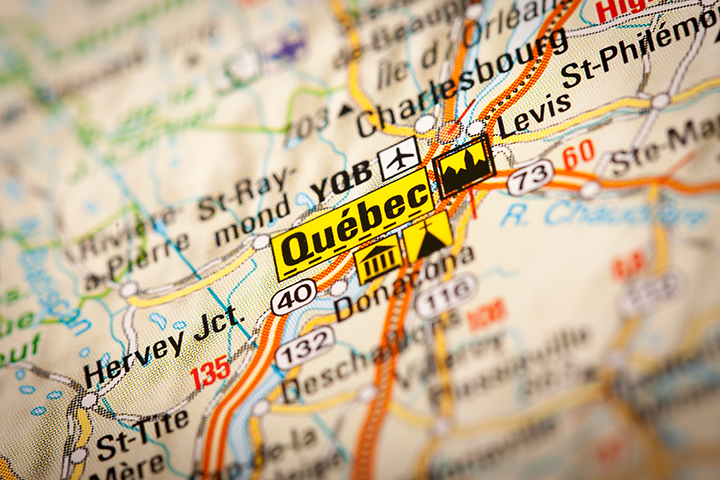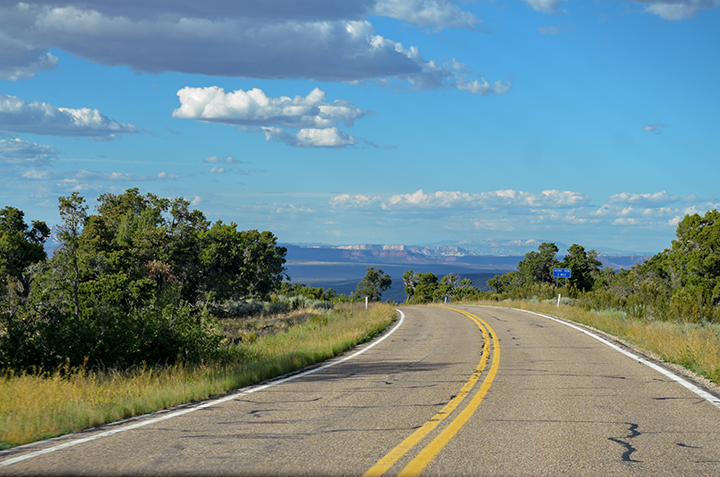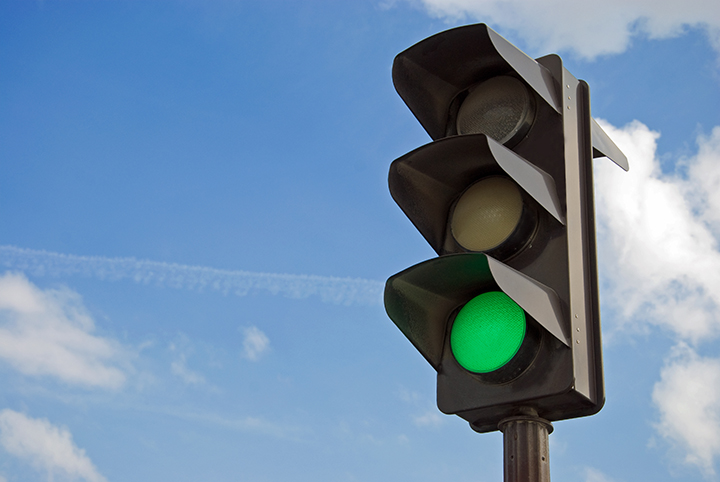Stop on a red light. Go on a green light. Some driving laws are so commonplace that you can drive anywhere in Canada and, for the most part, not get into any trouble. However, whether you’re planning a family road trip or moving across the country, there are some obscure driving laws that you should be aware of to avoid being pulled over for something you didn’t even know was illegal. How many of these obscure Canadian driving laws have you heard of?
-
Don’t Turn Right on Red Lights
Most Canadians already know that on the island of Montreal in Quebec you can’t turn right on a red light. But many others, as well as tourists, are either unaware of this law or forget, and find themselves facing a $150 fine. Notably, the only other place in North America where this is prohibited is New York City. -
Only in Quebec
Quebec is recognized as a distinct society within Canada. Equally as distinct are their driving rules. For example, you can’t cut through private property, such as a gas station or parking lot, to get around a red light. Nor can you leave kids under 7 alone in your car, even if you’re just running in to grab an espresso.
Cars are also prohibited from driving in the left lane unless passing another vehicle. That last rule would probably be popular right across the nation. -
You’ve Crossed the Line
In most Canadian provinces, crossing a solid line to pass another vehicle on the highway is an offense. But in Ontario, staying in your lane marked by a solid line is more or less optional.
In other words, those solid lines really act as an advisory more than a rule. Although it’s not a good idea, passing on a solid line won’t result in a ticket.
However, if you pass where there is a “No Passing” sign, or if it’s unsafe to pass another vehicle, you could be charged with an offense. -
Don’t Turn on a Flashing Green
Across most of Canada, a flashing green light indicates that vehicles have the right of way to make an advanced left turn. But if you’re driving in British Columbia or the Yukon Territory, that flashing light serves as a warning that a pedestrian has pushed the button and is about to cross the street. In most cases, the button is completely pedestrian controlled, so be wary of moving forward when you see the flashing green light.
The flashing green is also a warning that drivers on cross streets have stop signs. -
Honk When You Pass
In Prince Edward Island, there’s a law on the books that says you have to honk before passing another car. It’s not generally enforced, and serves as more of a courtesy to make your presence known to other drivers. If you feel like following this driving rule to the letter, just one or two taps on the horn will do. Laying on the horn is considered rude and unnecessary.
A similar passing law is also on the books in New Brunswick. -
Honk When You Back Up, Too
Another law on the books in PEI is that drivers must also honk while backing up , whether it’s into a parking spot, gas pump space, or out of their driveway. It must be quite noisy in Charlottetown. -
You’re Not Driving Slowly Enough
If you put a slow moving vehicle sign on your car or truck, you better mean it. These signs are only meant for vehicles that move 40 km/h or less. If you’re caught driving any faster than that, you’re breaking the law , regardless of the posted speed limit. -
Overcrowding in Ontario
Overcrowding is legal in Ontario when it comes to subways, sidewalks, and shopping malls. But when it comes to your overstuffing your car with people or property (such as groceries or boxes), you could get a ticket. Soccer moms, people who are moving to a new home, and overzealous shoppers should take note that the penalty is three demerit points under the province’s Highway Traffic Act. -
Living like Capone
Feel like connecting with your inner bootlegger? According to a law passed during the Prohibition era , it’s illegal to transport liquor from one province to another without the permission of the province’s liquor control board. In 2012, the law was relaxed for wine, but transporting any other liquor across provincial lines can get you into trouble. -
Roll ‘Em Up in BC
There is an obscure law on the books in BC that states: “Cars parked in public places must have their windows down to less than the width of a hand.” If your windows are left open any wider, you could be facing an $81 ticket. There’s no confirmation on whether leaving your convertible top down is in violation of the law as well.







Before leaving on any trip, be sure to check the driving rules for any province you’ll be travelling in to avoid unwanted fines and demerit points. Remember, police don’t always accept “I didn’t know it was illegal” as an excuse!
Discount Car and Truck Rentals In Canada
With over 300 branches locations across Canada, Discount Car and Truck Rental offers easy car and truck solutions for business, insurance replacements, moving, or road trips with the family with the best rates and special offers.
Find a location near you today!


